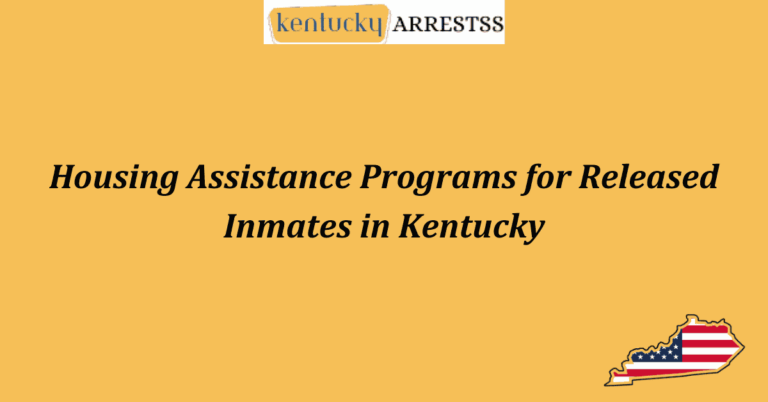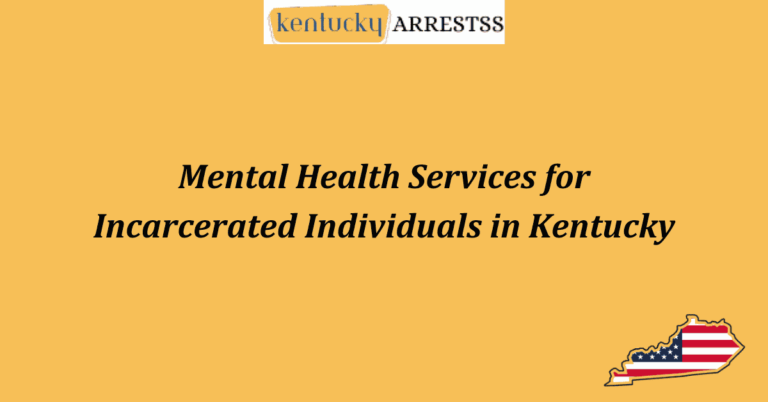Educational Workshops on Criminal Justice in Kentucky
The intricacies of criminal justice in Kentucky can provide valuable insights into the legal system and its impact on society. These educational workshops offer a unique opportunity to delve into the various aspects of law enforcement, court proceedings, and rehabilitation efforts. Participants can gain a deeper understanding of the challenges and successes within the criminal justice system, fostering a sense of awareness and empowerment.
Through engaging discussions and real-life case studies, attendees can enhance their knowledge of the criminal justice process and the roles of key stakeholders. From law enforcement officers to judges and lawyers, these workshops shed light on the collaborative efforts required to ensure justice is served. By immersing oneself in this educational experience, individuals can broaden their perspective on the complexities of criminal justice in Kentucky.
Kentucky’s Justice System: Comprehensive Workshops
Are you interested in gaining a deeper understanding of the criminal justice system in Kentucky? Our educational workshops offer a comprehensive overview of the key components and processes involved in the system. From the role of law enforcement to legal frameworks and rehabilitation programs, our workshops cover a wide range of topics to help you grasp the complexities of the criminal justice system.
Overview of Criminal Justice System
When it comes to the criminal justice system, it is essential to understand the key components and processes that make up the system. From law enforcement agencies to courts and correctional facilities, each plays a vital role in maintaining law and order in society. By attending our workshops, you will gain insight into how these components work together to ensure justice is served.
Key components and processes
Law enforcement, the judiciary, and corrections are the three main components of the criminal justice system. Each has its roles and responsibilities, from investigating crimes to sentencing offenders and overseeing their rehabilitation.
Importance of understanding the system
Having a solid understanding of the criminal justice system is crucial for anyone interested in pursuing a career in law enforcement, legal studies, or social work. By knowing how the system operates, individuals can contribute effectively to upholding justice and supporting victims and offenders alike.
Role of Law Enforcement in Criminal Justice
Law enforcement agencies play a crucial role in maintaining public safety and enforcing the law. Our workshops delve into the duties and responsibilities of police officers, as well as their collaboration with other agencies to combat crime effectively.
Duties and responsibilities of police officers
Police officers are tasked with preventing crime, investigating incidents, and apprehending suspects. They also play a vital role in building relationships with the community to foster trust and cooperation in crime prevention efforts.
Collaboration with other agencies
Law enforcement agencies often work alongside other organizations, such as social services and non-profit groups, to address complex issues like substance abuse, mental health crises, and domestic violence. Collaboration is key to ensuring a holistic approach to crime prevention and intervention.
Legal Framework and Due Process
Understanding the legal framework and due process is essential for ensuring that individuals’ rights are protected throughout the criminal justice system. Our workshops cover topics such as constitutional rights, fair trial procedures, and the importance of upholding legal standards.
Constitutional rights of individuals
Individuals accused of crimes have certain rights guaranteed by the Constitution, such as the right to a fair trial, the right to legal representation, and protection against unreasonable searches and seizures. Understanding these rights is crucial for upholding justice and preventing abuses of power.
Fair trial and legal procedures
A fair trial is a fundamental principle of the criminal justice system. By learning about legal procedures and due process, individuals can ensure that justice is served impartially and that all parties involved receive a fair and equitable outcome.
Rehabilitation and Reentry Programs
Supporting offenders in transitioning back to society is essential for reducing recidivism rates and promoting rehabilitation. Our workshops explore the various strategies and programs available to help offenders reintegrate into their communities successfully.
Support for offenders in transitioning back to society
Reentry programs provide offenders with the necessary support and resources to rebuild their lives after serving their sentences. These programs may include job training, counseling, and housing assistance to help individuals make a fresh start.
Strategies for reducing recidivism rates
Reducing recidivism rates is a key goal of rehabilitation programs. By addressing underlying issues such as substance abuse, mental health challenges, and lack of education or job skills, these programs aim to help offenders break the cycle of criminal behavior and lead productive, law-abiding lives.
Frequently Asked Questions
Our Frequently Asked Questions section aims to provide comprehensive information about Educational Workshops on Criminal Justice in Kentucky. Below are detailed answers to commonly searched queries on Google.
What’s taught in Kentucky’s Criminal Justice Workshops?
The workshops cover a wide range of topics related to the criminal justice system in Kentucky. Some key areas include criminal law, law enforcement procedures, court processes, and corrections systems. Participants will gain a deep understanding of the legal and procedural aspects of the criminal justice system.
Who can attend the Educational Workshops on Criminal Justice in Kentucky?
The workshops are designed for individuals interested in pursuing a career in criminal justice, current professionals looking to enhance their knowledge, and students seeking to expand their understanding of the field. Whether you are a student, law enforcement officer, lawyer, or community member, these workshops are open to anyone with an interest in criminal justice.
Do experts lead the criminal justice workshops?
Yes, the workshops are led by seasoned professionals with extensive experience in various areas of criminal justice. Our instructors are experts in their respective fields, including law enforcement, legal practice, corrections, and academia. They bring a wealth of knowledge and practical insights to the workshops, ensuring a valuable learning experience for all participants.
How long are the Criminal Justice Workshops in Kentucky?
The duration of the workshops may vary depending on the specific program and topics covered. Typically, workshops can range from one-day sessions to week-long programs, offering flexibility for participants with different schedules. Participants can choose the workshop that best suits their needs and availability.
How can I register for the Educational Workshops on Criminal Justice in Kentucky?
Registration for the workshops can be done online through our website or by contacting our registration office directly. We offer easy registration processes to ensure a seamless experience for participants. Simply follow the instructions on our website or reach out to our team for assistance with registration.
What’s good about going to the Criminal Justice workshops in Kentucky?
Attending the workshops provides numerous benefits, including gaining valuable knowledge and skills in the field of criminal justice, networking with industry professionals, and enhancing career opportunities. Participants will also receive a certificate of completion, showcasing their commitment to continuous learning and professional development in the field of criminal justice.






